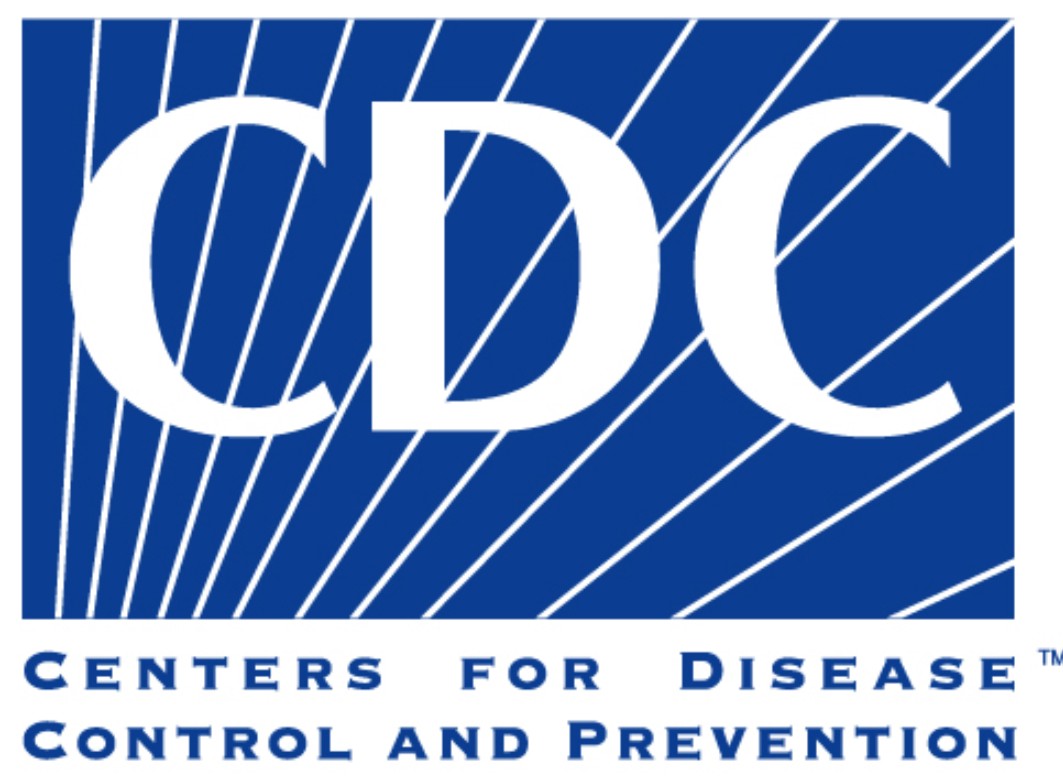The Youth Risk Behavior Survey Data Summary & Trends Report: 2011–2021 provides the most recent surveillance data, as well as 10-year trends, on health behaviors and experiences among high school students in the United States (U.S.) related to adolescent health … Read More
Resources

Teens, especially girls, are experiencing more violence, suicidal thoughts and mental health challenges.
Teen girls in the United States experienced record high levels of violence, sadness and suicide risk in recent years, amid “significant” and “heartbreaking” declines in youth health and well-being overall, according to data published Monday by the US Centers for … Read More

Promoting the Health and Well-Being of LGBTQIA2S+ Youth Involved With Child Welfare Through FFPSA
Children and youth who identify as lesbian, gay, bisexual, transgender and/or gender expansive, queer and/or questioning, intersex, asexual, and two-spirit (LGBTQIA2S+) experience both disproportionate involvement with child welfare and, once involved, disparate outcomes, including more placement instability and longer stays … Read More

Family First Prevention Services Act Opportunities for Early Childhood Programs
The BUILD Initiative released the fifth webinar in its Child Welfare and Early Childhood: Cross-Systems Collaboration to Improve Outcomes for Young Children and Their Families series, “Family First Prevention Services Act (FFPSA) Opportunities for Early Childhood Programs.” The objectives for the series are centered on … Read More

Congregate Care in the Age of FFPSA
The Capacity Building Center for States published a brief, Congregate Care in the Age of Family First, for those interested in learning how to use the provisions in the Family First Prevention Services Act (FFPSA) to improve their use of congregate … Read More

Resources to Support Title IV-E Prevention Program Planning
In February 2018, the Family First Prevention Services Act (FFPSA) was signed into law with the potential to radically reform child welfare. The FFPSA incentivizes jurisdictions to reduce the use of congregate care and allows payment of federal title IV-E funds … Read More

ORR Unaccompanied Children Program Policy Guide
Introduction The Office of Refugee Resettlement (ORR) Unaccompanied Children Program provides a safe and appropriate environment to children and youth who enter the United States without immigration status and without a parent or legal guardian who is able to provide … Read More

Four Ways to Better Support Young Adults Transitioning out of Foster Care
Congress established the John H. Chafee Foster Care Program for Successful Transition to Adulthood, known as Chafee, in 1999. That means the program, which provides support to assist young adults transitioning out of the foster care system, is now 23, … Read More

A Review of State Efforts to Enforce Mental Health Parity: Lessons for Policymakers and Regulators
By JoAnn Volk, Rachel Schwab, Maanasa Kona and Emma Walsh-Alker Executive Summary The Mental Health Parity and Addiction Equity Act (MHPAEA) aims to remove insurance-related obstacles to mental health and substance use disorder treatment. However, federal and state regulators have … Read More

Adoption Triad: The Quality Improvement Center on Engaging Youth in Finding Permanency
The Quality Improvement Center on Engaging Youth in Finding Permanency “When somebody in the agency acted on what I wanted, I felt valued.” —QIC-EY Council Member Child welfare systems across the country are doing better to involve voices with lived … Read More

